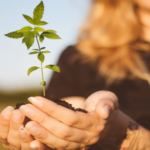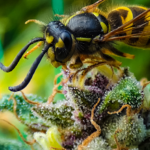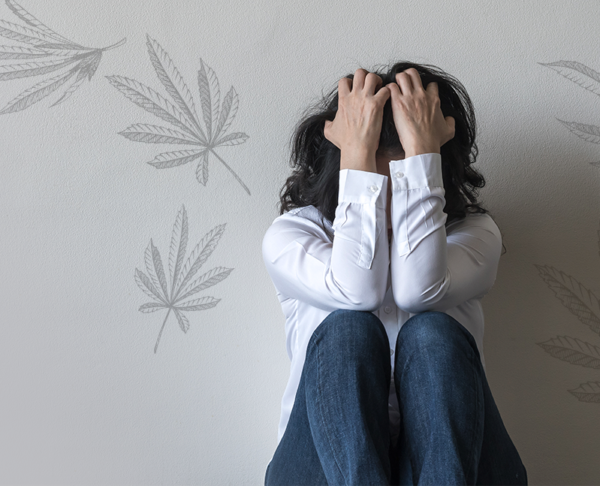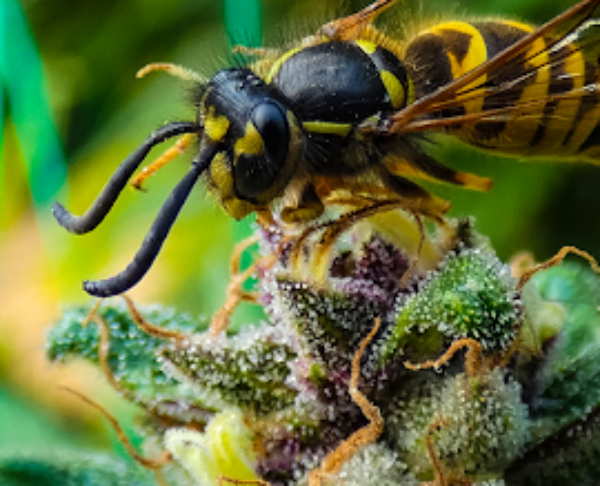Post-traumatic Stress Disorder (PTSD), most often associated with veterans, is a disorder that can affect anybody that has experienced traumatic events. Daily life can be full of triggers that can cause a physical and emotional response to the individual experiencing its symptoms. The human body reacts to stressors in many ways. The hippocampal area of the brain is directly affected and shows neuroplastic changes and imbalances between inhibitory and excitatory neurotransmission. The body’s nervous system is activated, and the balance between the sympathetic nervous system and parasympathetic nervous system is disrupted.
When traumatic events trigger an emotional response, our body responds by releasing cortisol, and preparing for “fight or flight.” In addition, immobilization may also occur when other responses fail to mitigate the distress caused by those triggers. The sympathetic nervous system is responsible for preparing the body for a physical reaction to danger. The parasympathetic nervous system regulates relaxation, digestion, and regeneration. The imbalance between these systems contributes to a state of hypervigilance and hyperarousal in PTSD.
How can cannabis treat PTSD?
There are many traditional treatments and medications available to treat those suffering, but, in addition to those, it’s been widely reported by those experiencing PTSD symptoms that they have found relief with cannabis use.
The endocannabinoid system (ECS) plays such a huge part in the body’s response to these triggers inside our brains. The response to fear is diminished in the amygdala, reducing anxiety and contributing to “extinction learning” in which the heightened anxiety related to these triggers is reduced over time. Research has shown that the administration of cannabinoids following a recent traumatic event decreased the likelihood of a PTSD diagnosis and that patients with PTSD often show an ECS deficiency. It’s no wonder that some patients choose to include cannabis as a safe addition to a regular safety plan for coping with difficult situations.
How a safety plan can help you
A safety plan should be designed to find effective means of coping with the responses to overwhelming stimuli. Each individual’s safety plan should be tailored to their own experience and response. It’s important to first identify the root cause and the triggers that are known to cause the body to react. Avoiding situations that bring a heightened response may be possible but preparing plans in advance to prepare for unavoidable circumstances is an effective tool for dealing with an emotional crisis.
Preparing a card with emergency numbers of a reliable support system, including family, friends, therapists, or organizations is helpful. Awareness of early warning signs such as avoidance, changes in mood, thinking or behavior is important for both the individual affected and those close to them. Have an emergency plan with clear steps to follow in a crisis.
It’s also helpful for many to include reminders to utilize somatic therapy techniques such as body awareness, deep breathing, and grounding exercises. In complex or severe cases, when immobilization is present, physical activity is preferable as a means of engaging the body to heal. Cannabis use has shown to be effective for coping with many of the symptoms of PTSD but choosing the right strain and method of delivery can be challenging. As a general rule, indicas are a good choice for relaxation and sativa strains are preferred for promoting energy and activity. The benefit is measurable regardless of the method of delivery as even topical application of CBD has been shown to reduce PTSD symptoms.
Restoring healthy brain function via CBD and THC
Contrary to the old propaganda about brain damage, we now see that cannabinoids like THC and CBD may actually help the brain form new neural pathways and restore healthy brain function. As legalization becomes more widespread, more research and information will be available regarding its uses and benefits. Many patients are still suffering today without legal access to safer alternatives to traditional treatments alone.
If you, or a loved one, are suffering from PTSD, you are not alone. Please reach out to organizations that can help:
National Center for PTSD
If you need help right away:
Call 1-800-273-8255
Press “1” if you are a Veteran.
PTSD Foundation of America
1-877-717-7873
Combat Trauma Help Line
National Suicide Prevention Lifeline
1-800-273-8255


